JLPT N5 - Lesson 8 - Japanese Everyday Greetings

あいさつ
[Aisatsu] is the word for greetings in Japanese. In Japanese society, greetings play an important role in everyday life. Today we learn some common greetings.
おはよう ございます
おはよう ございます [ohayou gozaimasu] - Good Morning! is a formal greetings used in Japanese every day life. In the morning hour meeting with people you may greet him or her by saying おはよう ございます, in reply the other party also greet you as saying the same word. When the relation between the both parties are very casual then they may greet each other by just saying おはよう. In kanji it is お早う。
こんにちは
Once you have the feelings the morning is already over you may greet people with こんにちは [konnichiwa] which means 'Good Day!' or 'Good Afternoon' or you may use it just as like 'Hello!'. If someone greet you first with こんにちは in reply you also need to say the same thing 'こんにちは'. Note in writing you need to use は [ha] character instead of わ [wa] character. こんにちは is written in kanji as 今日は。(今[kon]+日[nichi]+は)
こんばんは
And in the evening and night time when people meets, the greetings is こんばんは [konbanwa]. It is also pronounced as [kombanwa] because when ん [n] is used before ば [ba or ぱ [p] sounds syllables that n is pronounced as m.(今晩は)こんばんは means “Good evening” in Japanese, in kanji it is written as 今晩は。
おやすみなさい
おやすみなさい - Good Night, at night when you are parting with someone or before you going to bed you may say this to the people around you. In reply also the same greetings is used.
はじめまして
はじめまして [hajimemashite] when you meet with someone first time this is the first sentence that you can use to introduce yourself. It means - Glad to meet you but lit. 'first/ start'. Together with this phrase after introducing yourself another phrase is used よろしくおねがいします which may tranlates to 'best regards' and lit. 'look forward your favor...'. どいたしまして.
すみません
すみません [sumimasen] actually means excuse me. To ask anything - a favor or a direction or just to start a conversation this word is commonly used.
いらっしゃいませ
いらっしゃいませ [irrasshaimase] means welcome. It's a honorific expression usually used by salesperson or customer service people to welcome the customer to a shop or business place.
おめでとうございます
おめでとうございます[omedetou gozaimasu] means congratulations. This phrase also use for wishing someone on special occasion. For example, おたんじょびおめでとうございます![otanjoubi omedetou gozaimasu!] means Happy Birthday, ごけっこんおめでとうございます![go kekkon omedetou gozaimasu!] means congratulations on your wedding. After getting congratulations you may reply with どいたしまして - you're welcome!
ありがとうございます
どうもありがとうございます [arigatou gozaimasu] most possibly before you come here you already know this phrase and it means. It's means thank you. You can say ありがとうございます or どうもありがとうございます or ありがとうございました or どうもありがとうございました or just どうも to say thank you. All these phrases means thank you.
じゃ, あまた / しつれいします
じゃあ、また [jaa, mata], means see you again. To say good bye instead さようなら, this phrase is more common. In more formal situation for example to say bye to your teacher or after a meeting to say bye to others you may say しつれいします![shitsurei Shimasu].
さようなら
さようなら [sayounara] may be you already know this word and it's meaning as well, yes, it's Good Bye. But actually it is more common to say sayonara when you are parting for a bit longer period and there is a possibility you are not going to meet again. So sayounara is proper 'Good Bye' not something like bye-bye or Ta-Ta.
- Lesson 1: Why Japanese Language
- Lesson 2: JLPT N5 Introduction
- Lesson 3: Hiragana Part 1
- Lesson 4: Hiragana Part 2
- Lesson 5: Katakana Part 1
- Lesson 6: Katakana Part 2
- Lesson 7: Kanji Part 1
- Lesson 8: Japanese Everyday Greetings
- Lesson 9: Japanese Particles Introduction
- Lesson 10: Grammar Time
- Lesson 11: Verb Basic
- Lesson 12: Vocabulary - Words refer to family members


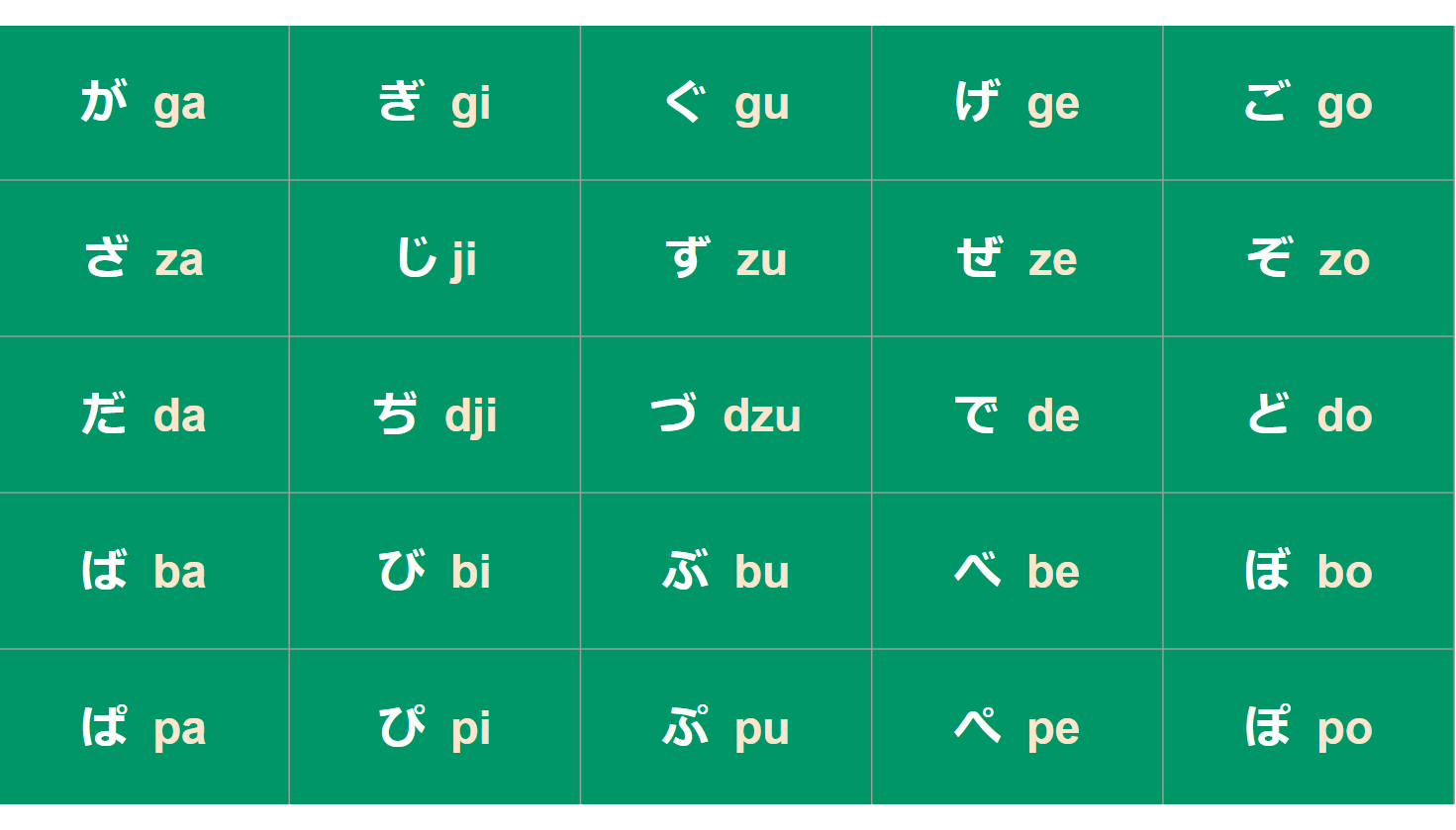

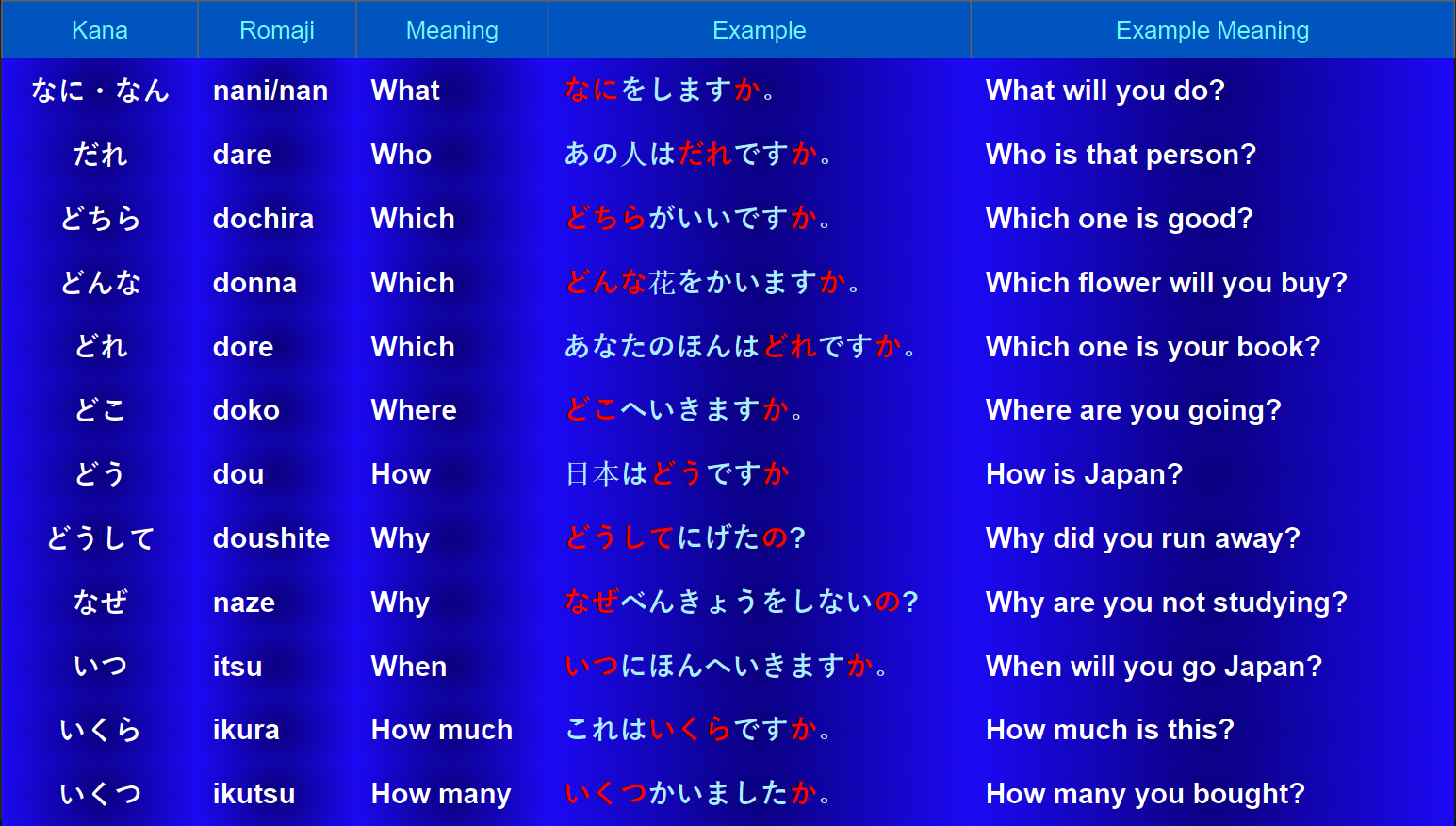

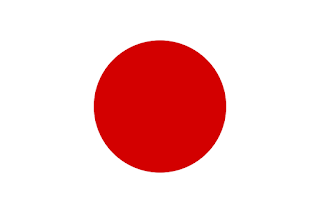
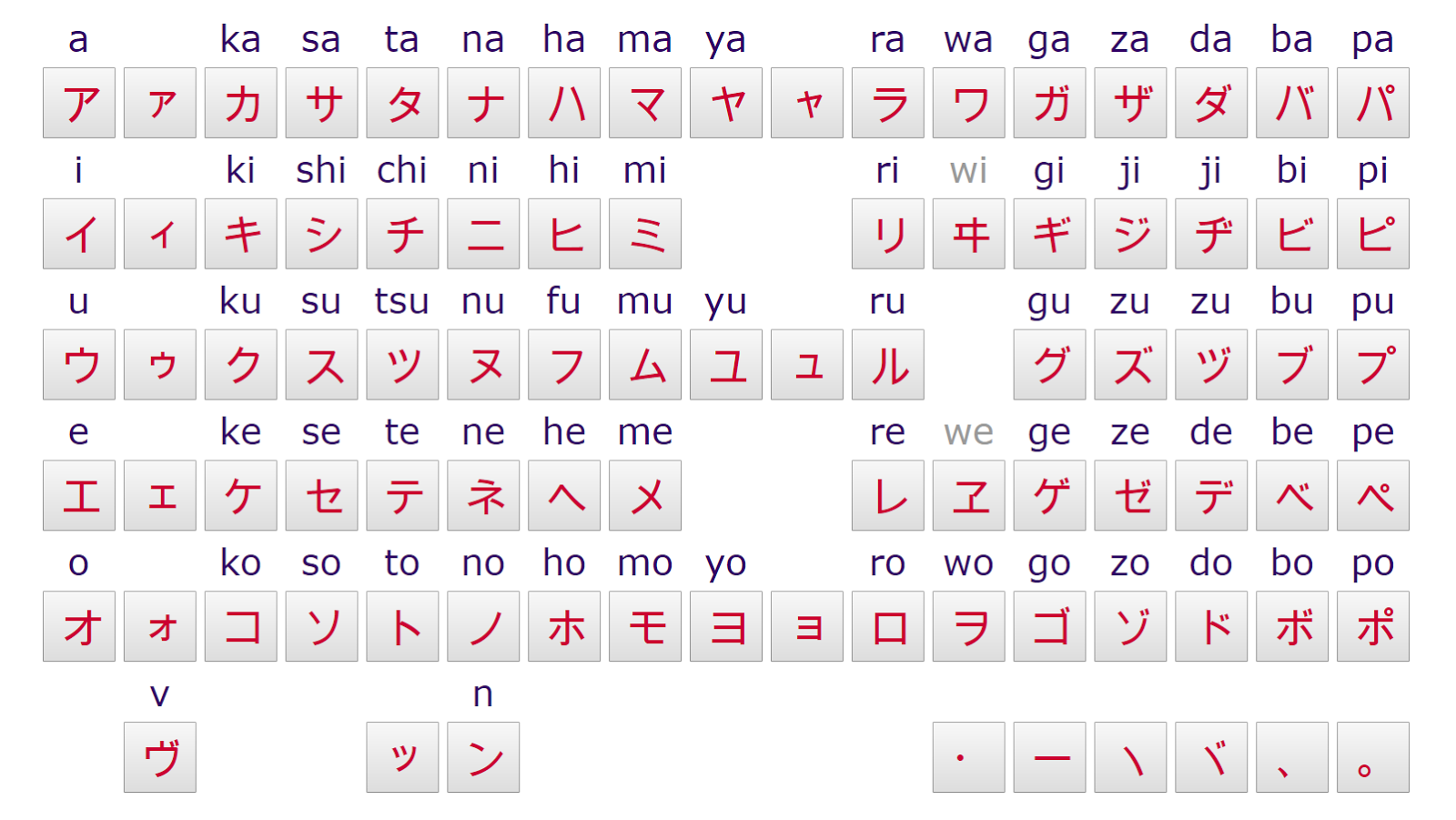
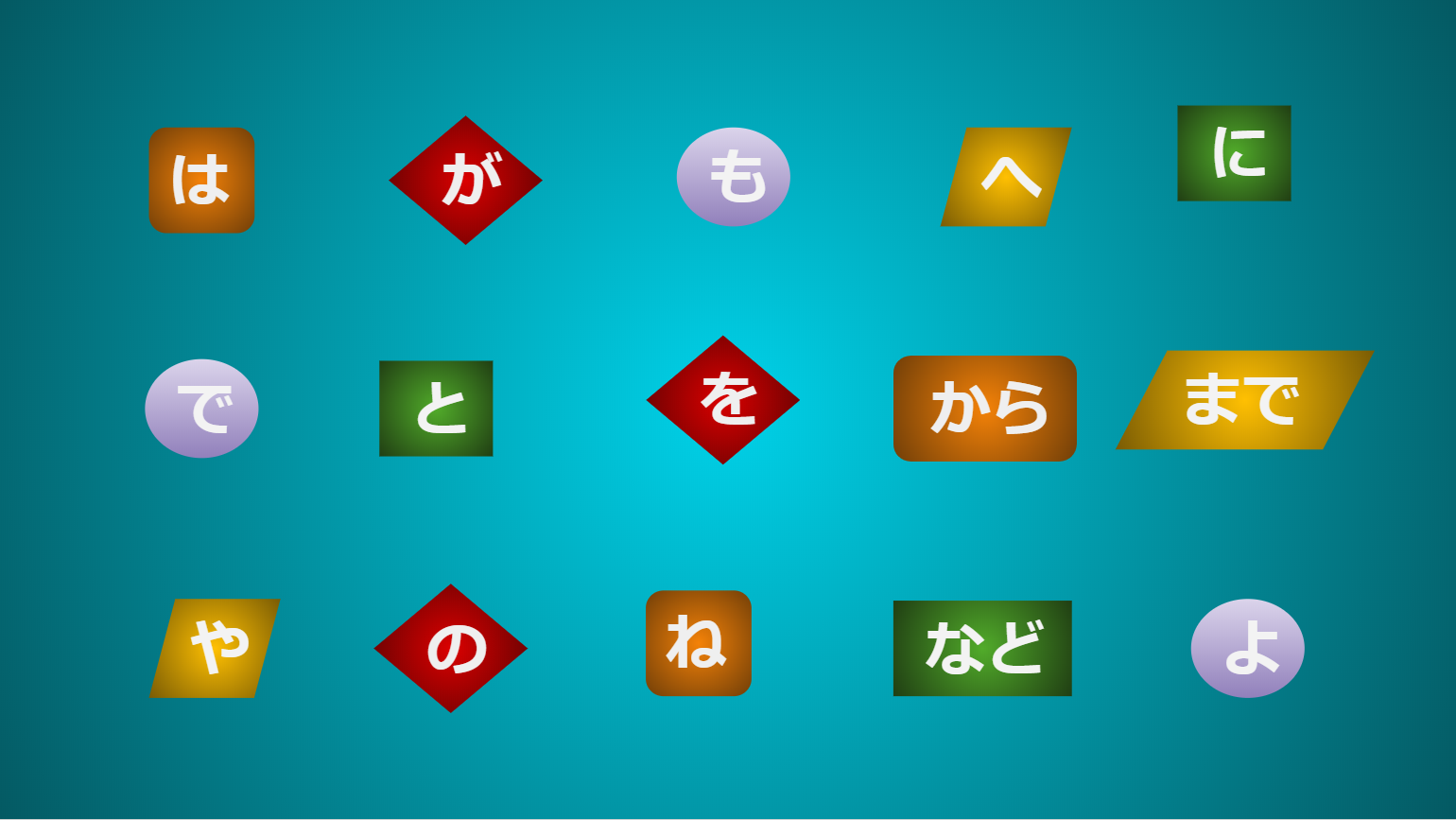
Japanese Language Proficiency Test Level N5 is for students who has basic knowledge of writing, reading and listening Japanese Language. At first, if taking exam of JLPT N5 one should know Hiragana, katakana and few basic Kanji characters. In JLPT N5 students gain knowledge to use appropriate greetings while working in Japanese culture.
ReplyDeleteJapanese language Translator course l japanese language course l japanese classes near me l Japanese Language Proficiency Test N5
I could easily follow along with the examples.
ReplyDeleteJapanese JOT test online
Japanese online test